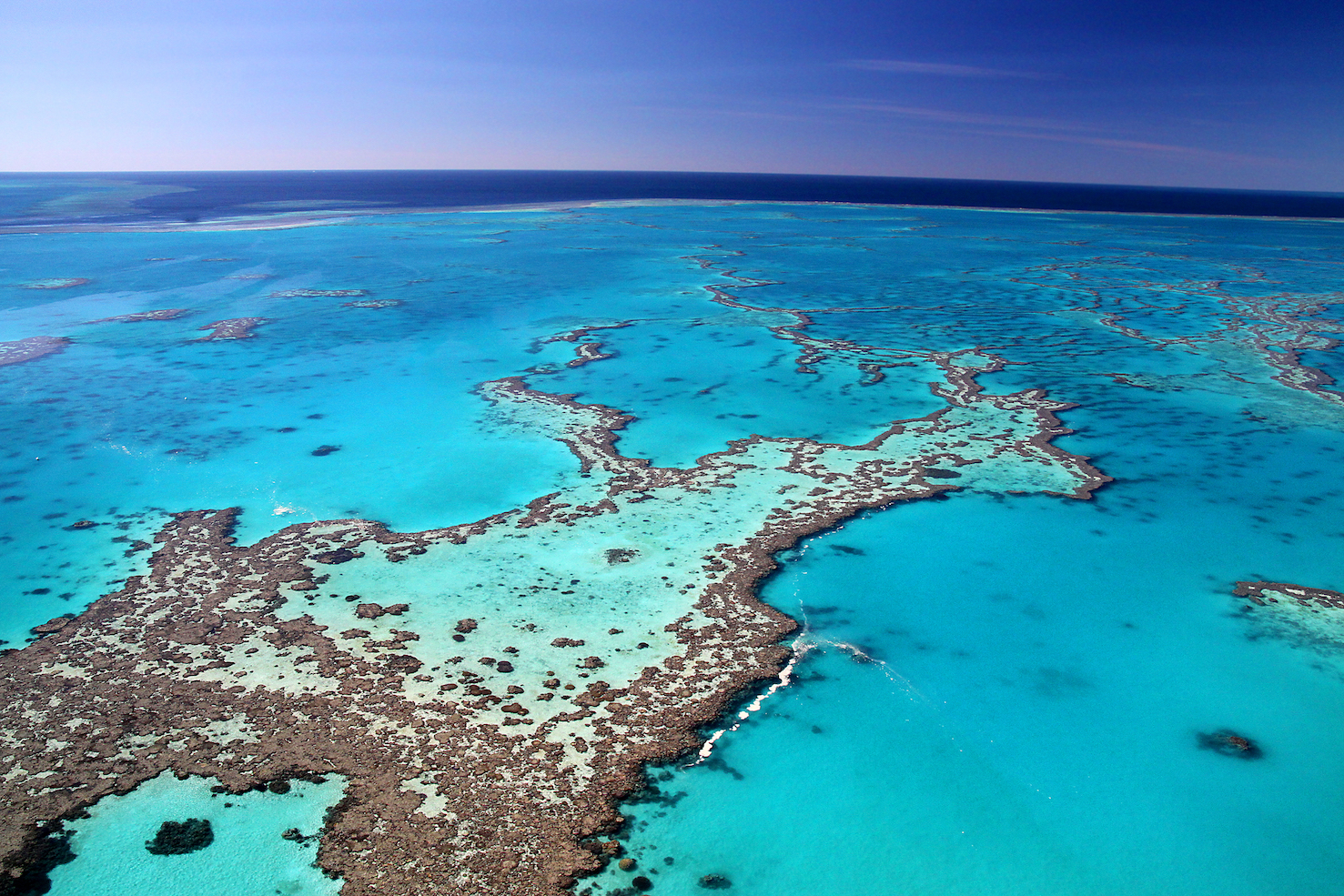
The Great Barrier Reef has undergone five different death events
The Great Barrier Reef covers an area of 348,000 kilometers and contains the world’s largest collection of coral reefs. It is indeed a natural wonder of great significance, and its continued preservation and protection from degradation and bleaching is an important mission for many in the scientific community.
It’s no secret that climate change, human activities, and ocean temperature variations have caused catastrophic bleaching events, which not only impacts the corals themselves but also the species that rely on corals to thrive.
Now, a new landmark study of the Great Barrier Reef (GBR) has discovered that the reef may be more resilient to major sea level changes than previously realized.
Researchers led by Jody Webster from the University of Sydney reconstructed the evolution of the reef over the past 30,000 years using data collected from fossil reef cores at 16 different sites off the coast of Australia.
The study, published in the journal Nature Geoscience, shows both glaciation and deglaciation events had a significant impact on the reef.
All in all, the researchers found that the reef has suffered 5 death events driven by sea-level changes, and in response to these changes, the reef migrated across the ocean floor.
When sea levels dropped 30,000 years ago and again 22,000 years ago, the reef was exposed to air and went through two major death events. During this time, as sea levels dropped, the reef moved further seaward to avoid surface exposure.
Two more death events occurred when sea levels rose after glacial melting and the reef subsequently moved inward towards to the shore.
High increases in sediment were likely the biggest driver behind the reef’s deaths, and the fifth death event was linked to a massive sediment increase which reduced water quality, according to the study.
The results point to a more hopeful outlook for the GBR in the face of global warming. However, the rapid increases in temperature and sea-level due to current changes in climate may be too much for the reef to properly adapt as it has before.
“Our study shows the reef has been able to bounce back from past death events during the last glaciation and deglaciation,” said Webster. “However, we found it is also highly sensitive to increased sediment input, which is of concern given current land-use practices. I have grave concerns about the ability of the reef in its current form to survive the pace of change caused by the many current stresses and those projected into the near future.”
—
By Kay Vandette, Earth.com Staff Writer













